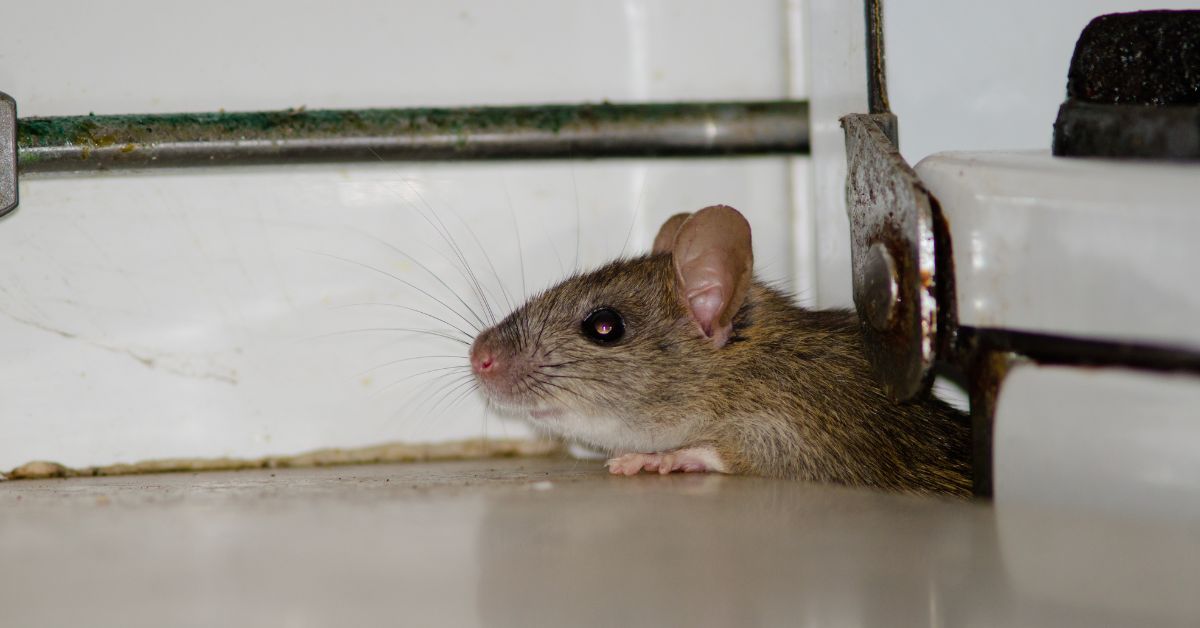Maintaining a healthy and safe home environment is vital, and controlling rodent infestations is a key part of that process. This article provides a comprehensive overview of rodent control strategy comparisons, examining the various methods available. Whether you're facing a minor issue with mice or a more advanced rat infestation, understanding your options can help you find the most effective solution.

Why Rodent Control is Essential
Rodents are not only nuisances; they present serious health risks and can inflict significant damage to your property. Mice and rats can carry diseases that may be spread to humans through their droppings, urine, and saliva. They can also chew through crucial items like electrical wiring, insulation, and even the structural framework of a house, resulting in expensive repairs.
With these dangers in mind, effective rodent control is a necessity for any home or business. But with so many options available, how do you decide the best course of action? This is where rodent control strategy comparisons become particularly useful.
Common Rodent Control Strategies Explored
Trapping Techniques
Trapping has long been recognized as one of the simplest methods for controlling rodents. It involves utilizing various types of traps, including snap traps, glue traps, and electronic traps, to capture and eliminate rodents. This method is often seen as humane and allows for straightforward disposal of the trapped animals.
However, effective trapping requires careful placement and vigilant monitoring. Additionally, it may not be the ideal solution for large-scale infestations, where more thorough approaches may be necessary.
Poison Baits
Poison baits, or rodenticides, are another prevalent strategy. These baits are formulated to attract rodents and contain toxic ingredients that lead to their demise after ingestion. While they can be very effective, poison baits pose significant risks to pets, children, and non-target wildlife, necessitating careful consideration.
If you prefer a safer alternative, consider looking into natural deterrents that are gentler on the environment. For detailed information, visit Pet-Safe Solutions.
Electronic Repellents
Modern electronic repellents use ultrasonic sound waves to keep rodents at bay. These devices are simple to install and safe around children and pets. However, their success rate can vary, and they may not be as effective in all circumstances.
Integrated Pest Management (IPM)
Integrated Pest Management offers a comprehensive approach that combines several strategies for long-lasting rodent control. IPM emphasizes prevention, monitoring, and control, and focuses on non-chemical methodologies whenever feasible. This approach is both effective and environmentally responsible but demands a thorough understanding and ongoing commitment.
Selecting the Best Strategy for Your Situation
When choosing a rodent control strategy, consider the extent of the infestation, the safety requirements of your household, and your environmental priorities. For example, if you have pets or small children, opting for traps or electronic repellents may be safer than using poisons.
If you're interested in learning more about humane and efficient rodent control options, check out DIY vs. Professional.

FAQs on Rodent Control
What is the best way to control rodents?
The most effective method largely depends on your specific circumstances. For minor problems, traps and electronic repellents can be adequate. However, for more serious infestations, a comprehensive strategy that combines different approaches is often required.
Are natural rodent repellents effective?
Natural repellents can be advantageous for minor issues and as a preventative measure. They are eco-friendly and carry fewer risks to pets and children. Nonetheless, they may not suffice for larger infestations.
How regularly should I check traps and baits?
For optimal effectiveness, traps and baits should be inspected regularly, at least once a week, to verify they are operational and to promptly discard any captured rodents. Regular checks help avoid unpleasant odors and deter further pest attraction.
For more information on effective rodent management strategies in your home, explore Real Simple's Guide.
